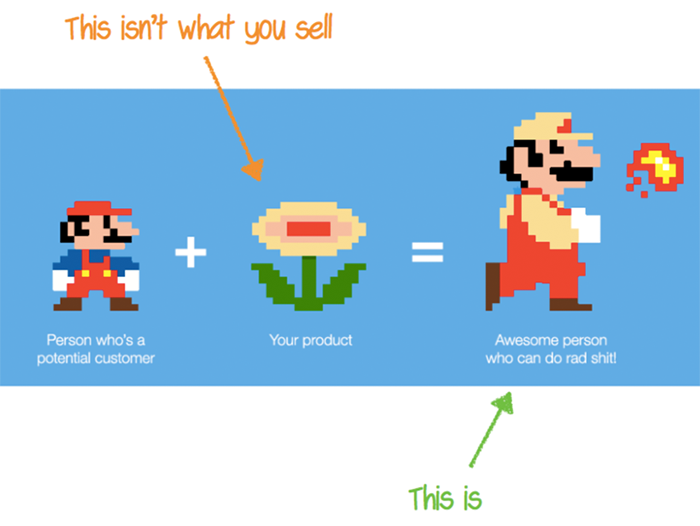I won’t bother pasting the iconic XKCD that we’re all thinking about right now, given the blog post title. Instead, I’ll just lead with the premise.
You should stop arguing with software developers on the internet. In fact, you should probably stop arguing on the internet altogether.
Now, before you go any further, notice that this is a post in my “developer to consultant” series. What follows is thus advice for someone who is looking to be a consultant — someone for whom an internet presence is a marketing asset.
If that doesn’t apply to you, then don’t worry.
If all you’re looking to do is find some catharsis because the expert beginner serving as tech lead in your group has outlawed writing unit tests, then go nuts. Pick every fight out there on Reddit and in comments sections. Sharpen your reasoning or debate skills by bouncing ideas off of other people with varying degrees of mutual hostility. Do you.
But don’t kid yourself — what you’re doing is a hobby, not a hustle. It might be fun, and it might help you in a vague way, but it hurts you professionally (unless you’re doing it in a very calculated fashion, but this is an AP tactic I’ll return to).

Arguing on the Internet as an Employee is a Lot Different than as a Consultant
When you’re an employee, the internet is sort of a vast sea of potential fights to pick.
- You can argue with your cousin on Facebook about politics for a while.
- Then, you can mix it up by posting an angry screed to Medium entitled, “[Thing Everyone Currently Likes] Considered Harmful.”
- And finally, maybe a few palate-cleansing down-votes on a Stackoverflow before you call it a day of sometimes doing your work.
As long as your Twitter handle contains some boilerplate about how your views aren’t the company’s, you’re mostly good. From there, you really just kind of need to avoid being overtly offensive when people can trace your words back to you, and your company will just shrug off anything you do.
You play in a vast yard, and the only thing that will trigger your metaphorical shock collar is running outside the generous boundaries of “reflecting poorly on the company.”
Not so when you own your own career and brand.
When you own your own career and brand, your presence on the internet becomes a digital job interview, writ large and made permanent. As an employee interviewing for jobs, imagine your interviewer being wrong about something.
You’d bite your tongue, turn slightly red, hemorrhage a bit internally, but ultimately keep the indignation to yourself. When you go on your own, you should approach your online presence this way.

To really underscore why, let’s place you in the role of a buyer through an analogy.
Read More







